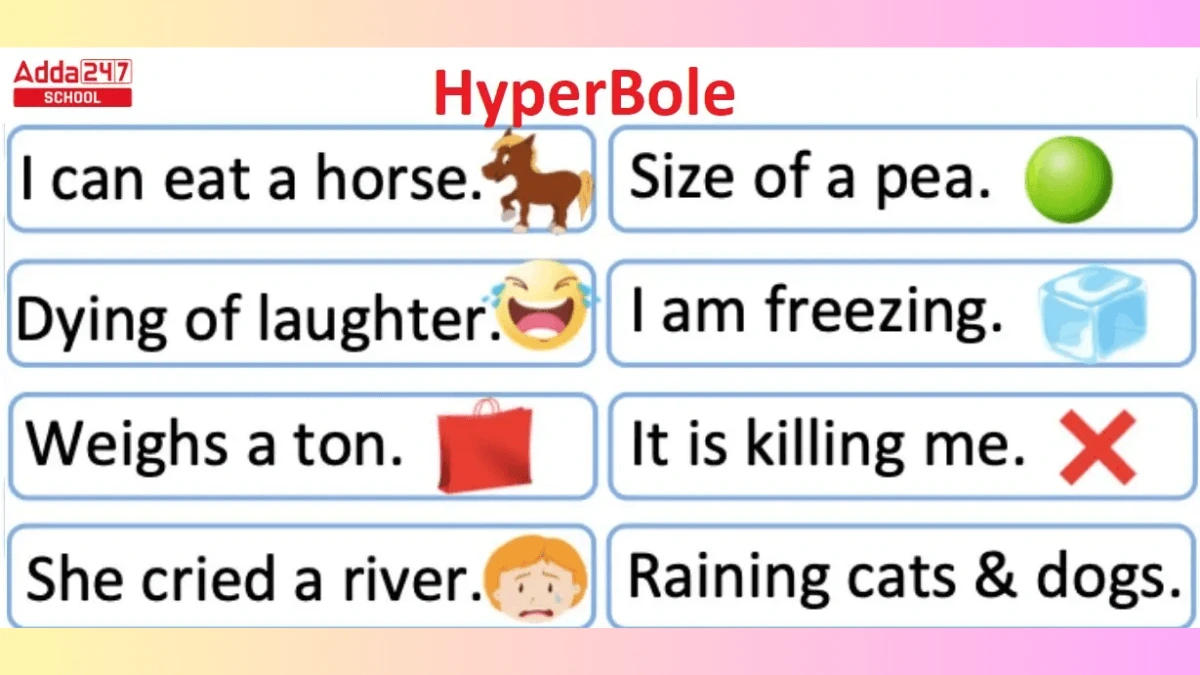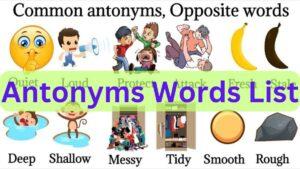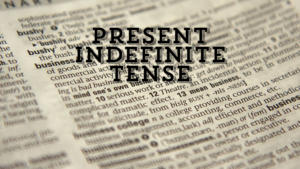Table of Contents
Hyperbole (pronounced hy-PER-buh-lee) is a rhetorical device that uses deliberate and extreme exaggeration to emphasize a message. In contrast to falsehoods or misleading information, hyperbole isn’t intended to mislead- it serves to generate powerful impressions, elicit emotions, or enhance the language. In this article, we will explore hyperbole in greater detail by going through its definition, examples and usage.
Hyperbole
Not to exaggerate, but hyperbole is the greatest rhetorical device of all time! It enables authors to enhance and intensify their writing for increased emphasis. It transforms a delicious dish into “the best thing you’ve ever had” and a loud bang into “a thunderous noise that rattled the entire home.” The Greek term “huperbole,” which means “to fling above,” is the source of the English word “hyperbole.” Hyperbole is also known as “auxesis” in rhetoric, which is a Greek term that means “development.” Although it is frequently used in literature, exaggeration also appears in everyday narratives and ordinary figures of speech.
Hyperbole Meaning
A rhetorical technique known as hyperbole is employed to make something appear and sound far better than it truly is. To put it another way, it may be considered an example of exaggeration. What actions would you take to enhance the impact of certain sentences? A speaker or writer who employs exaggeration and overstatement on purpose to emphasize a point or achieve a certain impact is using hyperbole, a rhetorical and literary style.
We employ language and writing methods to enhance its appeal beyond reality. Hyperbole is a technique used to express meaning in a statement. For instance, in the exaggerated claim “My backpack weighs a ton,” the speaker doesn’t actually think the backpack weighs a ton, nor do they wish for the audience to think that.
Hyperbole Definition
According to the Oxford Learner’s Dictionary, the Hyperbole Definition is- “a method of speaking or writing that makes anything sound better, more interesting, more dangerous, etc. than it actually is”.
An exaggeration is a phrase that is used to “say or write words that make something sound much more magnificent than it really is,” according to the Collins Dictionary.
What is Hyperbole?
A hyperbole is a figure of speech in which exaggeration is used for emphasis or effect. It involves making a statement that is intentionally exaggerated to emphasize a point or to create a humorous or dramatic effect. Hyperboles are not meant to be taken literally; instead, they are used to emphasize a particular aspect of something to make a point more vividly.
Hyperbole Literary Device
A literary phrase and figure of speech called hyperbole intensify an impression by intentionally exaggerating it. A forcefully overblown or exaggerated declaration or statement that adds emphasis without intending to be literally true is called hyperbole. Hyperbole is frequently used in rhetoric and literature for serious, humorous, or sarcastic effects.
Hyperbole Poetic Device
In order to emphasise a point, people often employ hyperbole to exaggerate concepts beyond their actual implications. This emphasis frequently has a humorous effect on the audience, who understands from the nature of the exaggeration that the text is not meant to be taken seriously.
Generally speaking, hyperbole is an exaggerated exaggeration from which it is impossible to derive a literal meaning. For instance, “I could devour a horse right now.” Of course, it would be impossible to eat a horse, but the implication is that the speaker is incredibly hungry.
Hyperbole Figure of Speech
A hyperbole is a figure of speech that involves extreme exaggeration to make a point or create emphasis. It is not meant to be taken literally but is used to convey strong feelings or emphasize a particular characteristic or quality of something. Hyperboles often employ extravagant and extravagant language to create a vivid or dramatic effect. Here are some examples:
- “I’ve told you a million times to clean your room.” (The person has not literally told someone a million times but is emphasizing how often they’ve mentioned it.)
- “This suitcase weighs a ton!” (The suitcase is very heavy, but it doesn’t actually weigh a literal ton.)
- “I’m so hungry I could eat a horse.” (The person is extremely hungry, but they don’t intend to eat an entire horse.)
How to Use Hyperbole in a Sentence?
If you know and understand how to do it, you can easily write a phrase that uses hyperbole. Review the following given points.
- If you want to compose a hyperbole, all you have to do is consider the character of the thing you want to exaggerate—perhaps because you are incredibly impressed or repulsed by it—that person, place, animal, object, or idea.
- A hyperbole’s primary function is to emphasise a point or to leave the reader or listener in awe.
- An exaggeration can be created using different adjectives and degrees of comparison.
- Since hyperboles are exaggerated statements that are not quite factual, they should never be accepted literally.
Hyperbole Examples
William Shakespeare makes multiple use of hyperbole in his play ‘Macbeth’ to describe the extent to which the killing of King Duncan affects Macbeth and Lady Macbeth. Let us take a look at some examples from the play to see how wonderfully the poetic device is put to use.
-
- Macbeth: “Will all great Neptune’s ocean wash this blood
Clean from my hand? No, this my hand will rather
The multitudinous seas incarnadine,
Making the green one red” (Act II, Scene 2)
-
- Lady Macbeth: “Here’s the smell of the blood still.
All the perfumes of Arabia will not sweeten this little hand.” (Act V,
Scene 1)
-
- Malcolm: “This tyrant, whose sole name blisters our tongues,
Was once thought honest: you have lov’d him well.” (Act IV, Scene 3)
Robert Burns, in his poem, ‘A Red, Red Rose’ uses a hyperbole to express the love for his lass.
-
- “Till a’ the seas gang dry, my dear,
And the rocks melt wi’ the sun;
I will love thee still, my dear,
While the sands o’ life shall run.”
William Wordsworth uses a hyperbole in his poem, ‘Daffodils’ to describe the long row of daffodils he witnessed on his way.
-
- “Continuous as the stars that shine
And twinkle on the milky way,
They stretched in never-ending line
Along the margin of a bay:
Ten thousand saw I at a glance,
Tossing their heads in sprightly dance.”
Examples of Hyperbole in Movies
Let us take a look at some examples of the use of hyperbole in some of the most famous movies.
- Agnes, the little girl in ‘Despicable Me’ said, “It’s so fluffy I’m gonna die!” the moment she got the fluffy unicorn.
- “As God is my witness, I’ll never be hungry again” from ‘Gone with the Wind’.
- “To infinity and beyond!” from the movie, ‘Toy Story’.
- “You sit on a throne of lies” from the movie, ‘Elf’.
- “We are going to pull off the true crime of the century. We are going to steal the moon!” from the movie, ‘Despicable Me’.
Hyperbole vs Meiosis vs Litotes
There are additional literary techniques that depend on recognizing that the author does not intend their words to be taken literally. Litotes and meiosis both engage with this idea but differ from hyperbole in several significant ways.
Meiosis is an intentional understatement meant to reduce or lessen the topic. It can be exaggerated in the sense that something could be excessively downplayed (for instance, referring to a Great Dane as a lapdog), but it produces the contrary effect of hyperbole. Instead of exploding something for visibility, it reduces its size.
Litotes are expressions that employ a negative to convey a positive idea. They are frequently employed in writing to alleviate a challenging circumstance or to intentionally remain unclear. Although they highlight a specific quality or circumstance, they achieve this by denying it. Hyperbole doesn’t always rely on negation to create its emphasis.
Example: He’s not as youthful as he once was.
| Related Post | |
| Diary Writing | Formal Letter |
| Informal Letter | Article Writing |



 500+ Antonyms Words List for Kids, Downl...
500+ Antonyms Words List for Kids, Downl...
 Vocabulary Words with Meaning and Senten...
Vocabulary Words with Meaning and Senten...
 Present Indefinite Tense: Formula, Exerc...
Present Indefinite Tense: Formula, Exerc...










